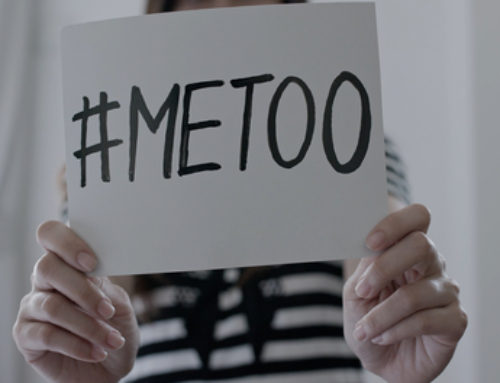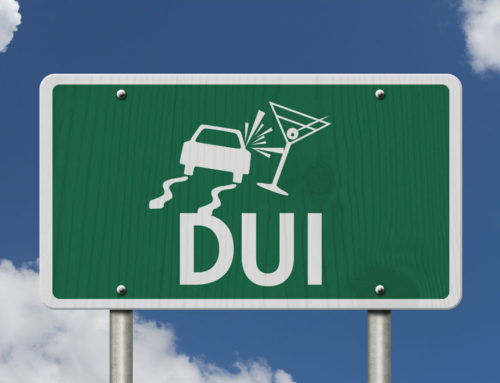The United States Supreme Court recently decided a case of pivotal importance for many defendants, as well as those who may be arrested or investigated by law enforcement in the future, by strengthening digital privacy. The decision specifically dealt with the issue of whether law enforcement needs an arrest warrant to obtain cellphone tracking data from wireless carriers. The decision was 5-4 and was based largely on privacy grounds. The Court ruled that the Fourth Amendment to the U.S. Constitution and its guarantee against unreasonable searches and seizures provides protections against warrant-less requests for location data for a cell phone user for an open-ended period of time, thus expanding digital privacy rights.
The underlying case involved a series of armed robberies of a number of Radio Shack and other retail stores in the Detroit area that started in 2010. Witnesses told police that one of the defendants, Timothy Carpenter, had served as a lookout during the robberies, when he would wait in a stolen car. Carpenter would allegedly signal to the other participants when the coast was clear. The other robbers would then enter a store, round up all the employees and customers. and herd them into the back of the store; then they would force the store employees at gunpoint to collect everyone’s cell phones and other valuables. Carpenter’s cell phone provider turned over 127 days’ worth of cell phone records, which placed his phone at 12,898 different locations, including in the vicinity of several of the robberies at the time the crimes took place. Based on this and other evidence, Carpenter was eventually convicted and sentenced to 116 years in prison. Carpenter’s lawyers challenged law enforcement’s obtaining his cell phone records without a warrant as an invasion of his privacy rights.
The majority decision felt the amount of cell phone tracking data obtained by law enforcement went too far, as it allowed them to paint a complete picture of Carpenter’s every single movement over a period of nearly four months. The majority found this to violate the Fourth Amendment’s guarantee against unreasonable searches and seizures.
What Does This Decision Mean for Criminal Defendants or Those Suspected of Committing a Crime in Florida?
What this decision means in practical terms for criminal defendants or for those who may be suspected of or arrested for a crime is that law enforcement is now required to obtain a warrant from a judge in most cases to obtain a defendant’s cell phone location records. A scenario might arise where, for instance, law enforcement is attempting to locate a person to arrest him or her but has not notified that individual of law enforcement’s interest in his or her whereabouts. In such a case, this decision could end up having little practical effect because a judge likely may approve a warrant for such an individual anyway. Nevertheless, requiring that police must go through this additional step ensures that there is at least a neutral third-party deciding whether law enforcement actually needs this information. The saying is often used that judges serve as the umpires in the court system, whose job it is to call balls and strikes. At a minimum, having that umpire who is not connected to either the defendant, law enforcement, or the prosecution will at least ensure that, rather than law enforcement policing itself as to whether it needs certain cell phone records or not, a judge is supervising them in that determination.
Contact Experienced West Palm Beach Criminal Defense Attorney Bryan Raymond if You Have Been Arrested for a Crime in Palm Beach County
If you have been arrested for a criminal offense in Florida, it is important to fight every aspect of the charges against you as well as the grounds upon which you were arrested and the evidence supporting your arrest or the charges you have been accused of. There will often be valid legal grounds for you to challenge your arrest, the charges against you, or both based on the methods used by law enforcement in building their case against you. If you were arrested in Palm Beach County for any criminal offense, experienced West Palm Beach criminal defense attorney Bryan M. Raymond of the Law Office of Bryan Raymond represents both adults and juveniles who have been charged with criminal offenses in Palm Beach County. Bryan is an aggressive criminal defense attorney who will fight for you every step of the way, including challenging the grounds upon which you were arrested or charged. Therefore, if you have been arrested for a criminal offense in Palm Beach County, Florida, and need a skilled, experienced criminal defense attorney who will stop at nothing in defending you, immediately contact experienced criminal defense attorney Bryan Raymond today at (561) 682-1115 or [email protected].
Copyright: opolja / 123RF Stock Photo






